Wide-scale adoption of electric vehicles will have significant repercussions for automotive suppliers: They must shift processes and technology to serve the changing market needs. Here are three trends you need to know about.
Perhaps you saw the recent announcement from General Motors (GM), describing how chairwoman and CEO Mary Barra has committed to making the company carbon neutral at all of its facilities by 2040. As part of this move, GM will phase out production of gas and diesel-powered cars and light-duty trucks in favor of battery electric vehicle (BEV) technology by 2035.
The 112-year-old automaker will also supply Hydrotec fuel cell “power cubes” to heavy equipment manufacturer Navistar and has partnered with Honda to commercialize hydrogen fuel cells as a complement to battery-powered vehicles. Most notable of all in GM’s announcement was Barra’s call to the industry: “We encourage others to follow suit and make a significant impact on our industry and on the economy as a whole.”
Make no mistake—even without GM’s support, the BEV transformation was already well underway. Six months before Barra’s announcement, Allied Market Research predicted that the global electric vehicle market would reach $802 billion by 2027, a compound annual growth rate (CAGR) of 22.6 percent and a fivefold increase of the market’s 2019 value.
Read more: Cobots and Manufacturing: 3 Ways Collaborative Automation Can Help Your Shop
At the same time, Tesla and a fleet of startup competitors (many of them Chinese) are changing the way cars are designed, delivered and maintained. The automobile industry’s traditional two-year development cycle is accelerating, giving way to cloud-based functionality updates and rapid design iterations that were once unthinkable.
“Elon Musk makes engineering changes on the fly,” says Laurie Harbour, president and CEO of Southfield, Michigan-based consulting firm Harbour Results Inc.


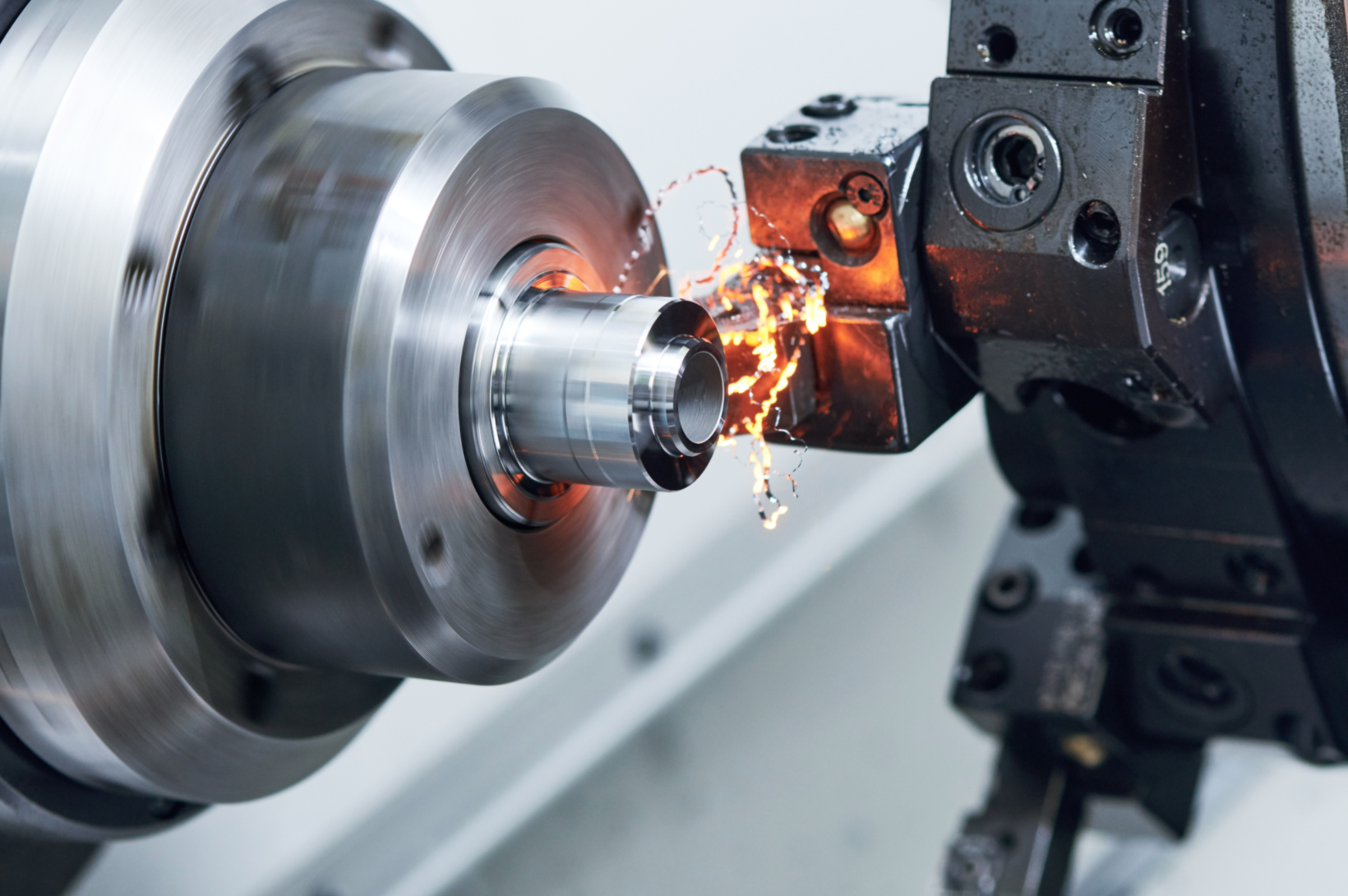
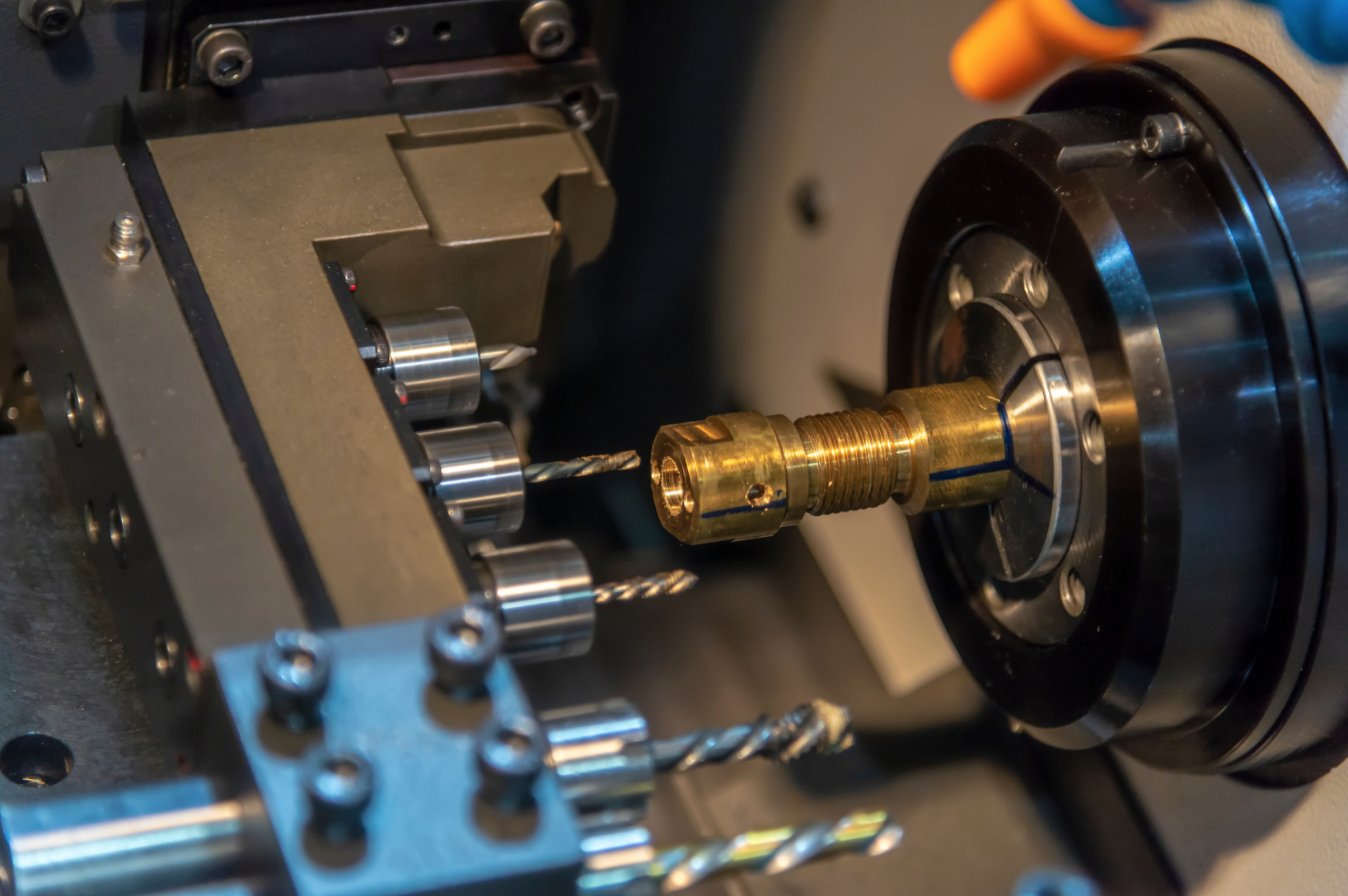
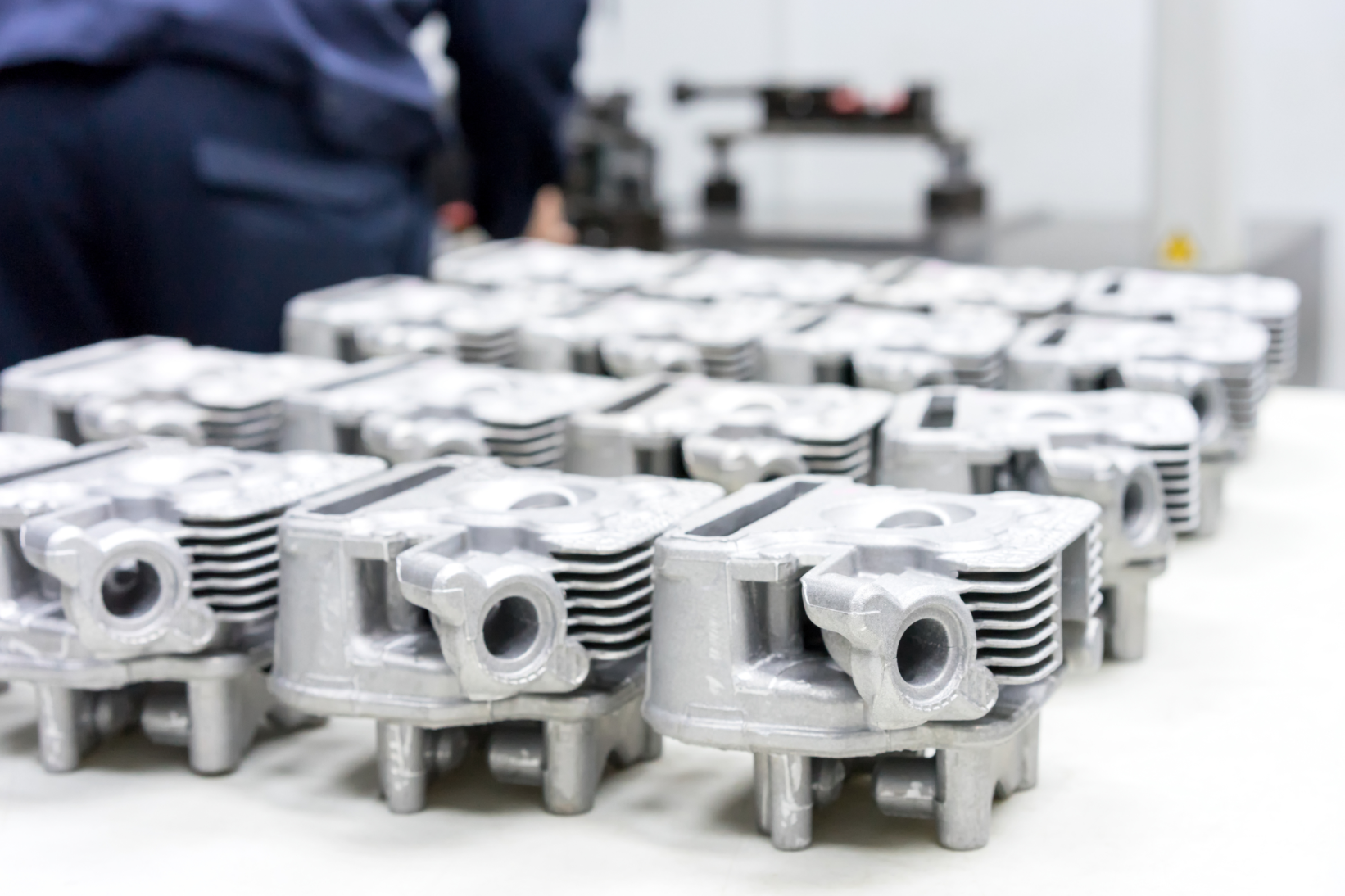
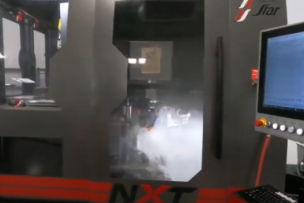
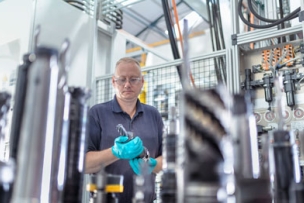
Talk to Us!
Goodluck
236Well I think universal tools will be better save less time and is more easier for the handlers
186Excellent and well reasoned intel. Haters hate, just get out of the way. This is the wave of the future. Close your eyes and be left behind.
199Yea some time I have to humble thy self
203Perfect
209Just realy looking at all parts and learning everything befor I move
204Just, For business.
201Great Insights!
196So I will be able to travel 400 to 500 miles to auto races cheaper and more efficient than I do now ?
208I doubt cheaper. Watch electricity become more expensive because it’s harder to come by. That’s one thing that’s conveniently kept out of the conversation. I’m waiting to see how it all shakes out.
204The concept sounds good in manufacture, but in repair a solid unit, undercarriage and aluminum would mean the repair would be devastating and the cost would be unbearable to the owner. A car with a bent undercarriage would have to be replaced. Aluminum cannot be bent back into place once it’s stretched.
182The lighter vehicles sound good for mileage but for towing capacity of the trucks it’s bad remember the light of the truck the lesser the load moment of a nursery will take over and you will. It will stop your truck to platinum forward with the aluminum frame right now is very light and is a good example of that it can’t if I pull a heavy trailer like my Duramax diesel
178With the speed of technological change
manufacturing on the fly will revolutionize
the industry producing better products faster.
206With the speed of technological change manufacturing on the fly will revolutionize the industry producing better products faster
208I am already driving two EV's but life outside a metroplex does not yield favorable driving when you are not TESLA based. Driving other brands leave us waiting for long charge times routing that demands out of the way travel to resolve elsewise. Need a Black Box that can be a backup to the battery potential of your car until we can get more range with what we have working currently.
93Leave a reply
Your email address will not be published. Required fields are marked *